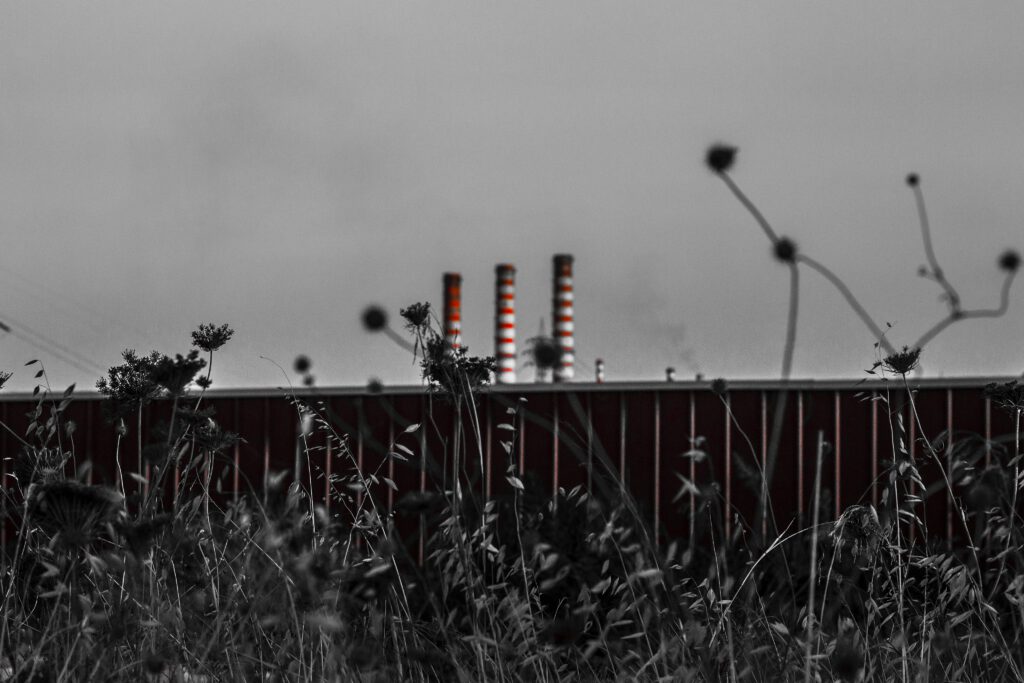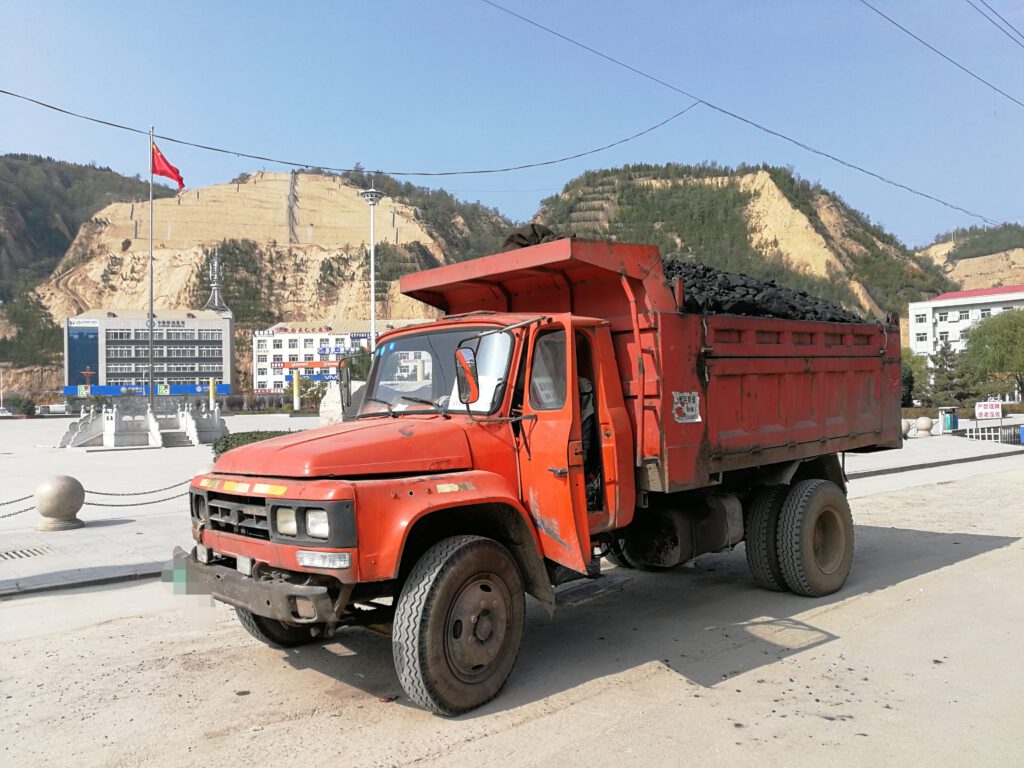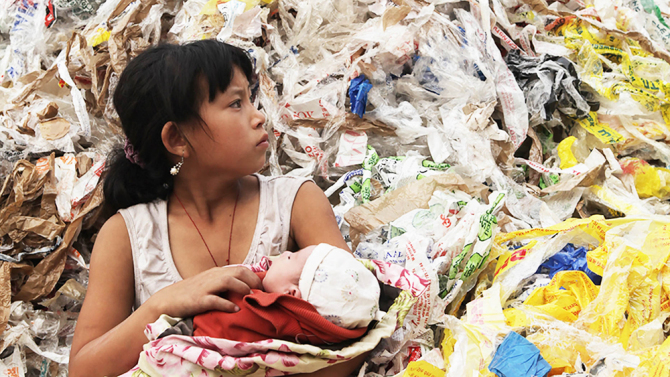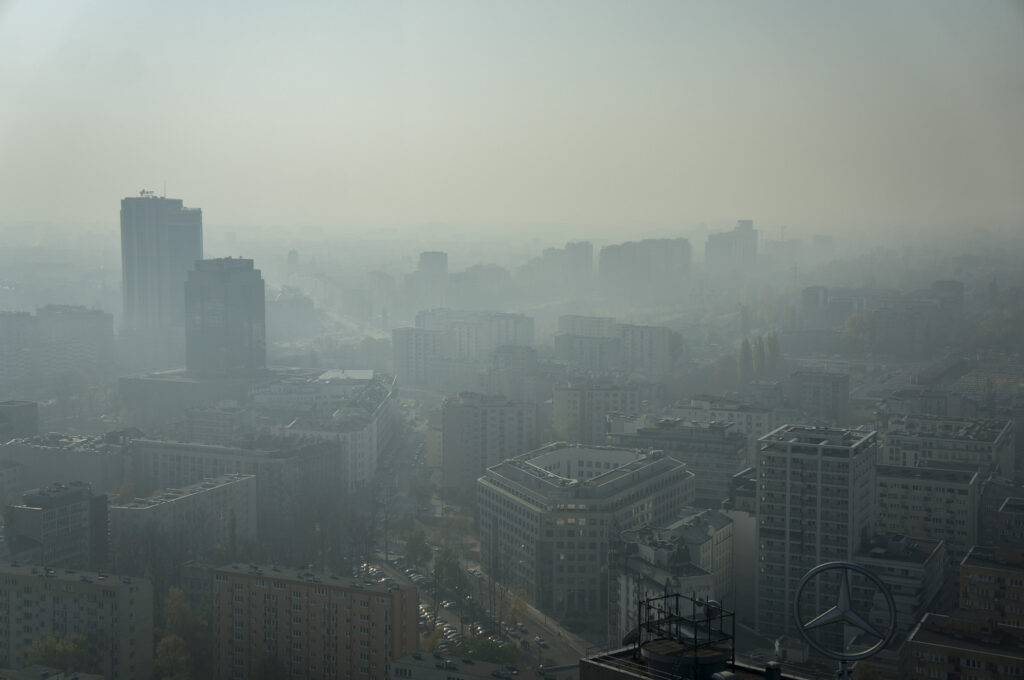Bodies Exposed: Reframing the Geopolitics of Dilution in Canada’s Chemical Valley
Sarah Marie Wiebe (University of Hawai’i, Mānoa) Jen Bagelman (University of Exeter, United Kingdom) Laurence Butet-Roch (Ryerson University) I didn’t Know! Poem by Ada Lockridge Aamjiwnaang First Nation I didn’t Know that we had a say on what goes on in the plants I didn’t Know what was being released or how much or the […]









